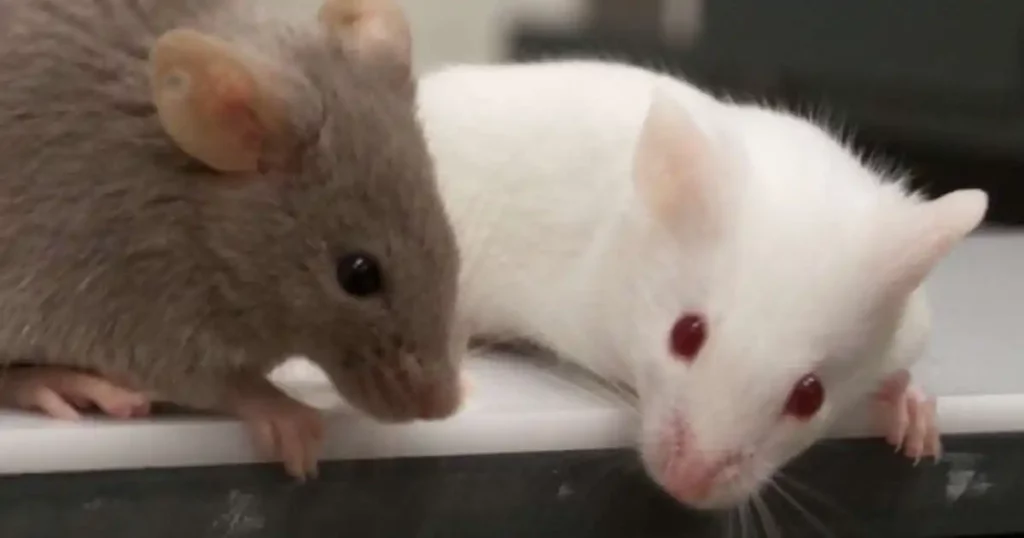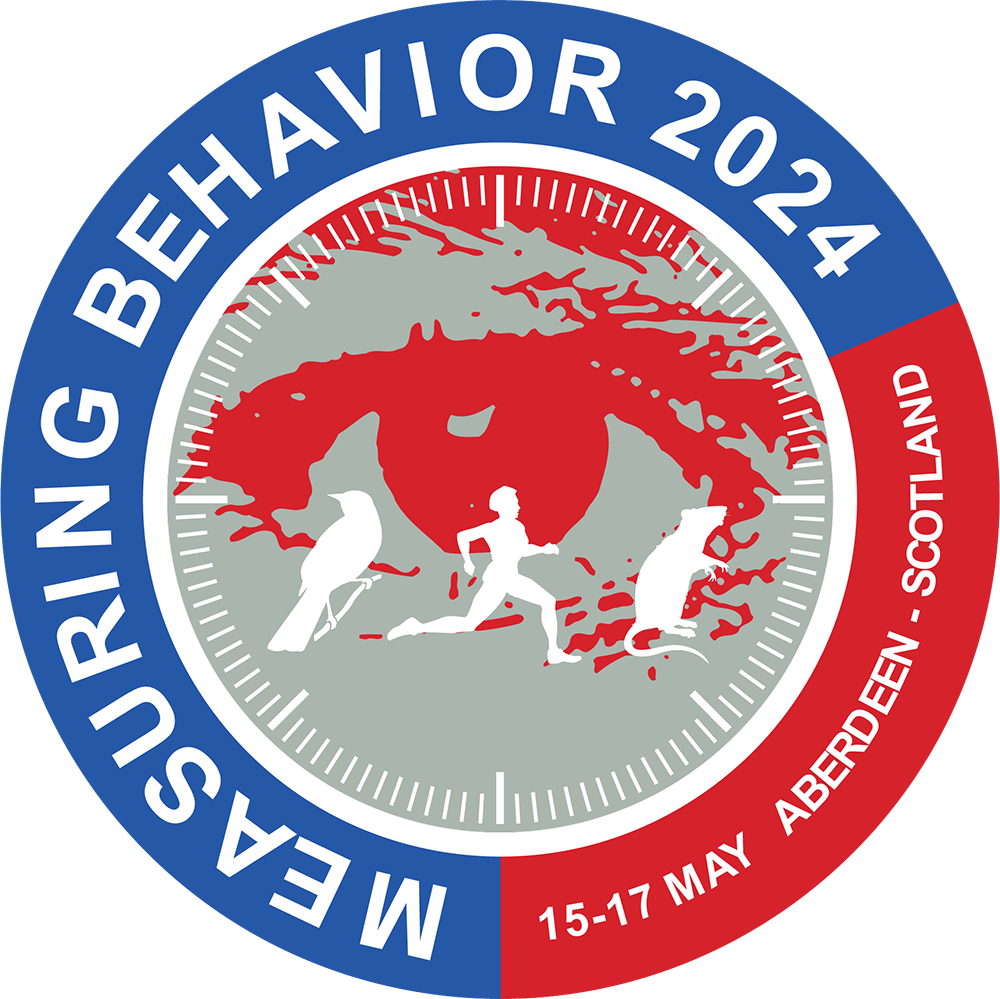Organizer: Szu-Han Wang, University of Edinburgh, UK
Schedule: Thursday 16th May, 15:30 – 16:50, Conference Suite 2A
15:30 – 15:50 Sevda Boyanova – Behavioural, cognitive and sensory phenotyping of knock-in mouse models of Alzheimer’s disease and frontotemporal dementia
We will present longitudinal phenotyping studies of mouse models of amyloid accumulation and frontotemporal dementia. This includes home cage analysis of behaviour, the three-chamber test of social motivation and Sanderson forced Y-maze test of short-term memory. We have also measured olfaction and vision to understand if sensory functional deficits, affect test performance. Our novel data can be used to understand the strengths and limitations of commonly used models of dementia-causing diseases.
15:50 – 16:10 Szu-han Wang – A simple task reveals mixed findings: factors to consider in preclinical behavioural research
Dry-land mazes are used to characterise phenotypes in genetic mouse models of Alzheimer’s disease (AD). Using a simple apparatus such as a Y-maze, mixed results of spontaneous alternation, as a proxy of working memory, are reported using an APP-KI model of AD. We compare across studies to describe factors in behaviour and procedures that contribute to mixed results, which can inform better practice in phenotyping studies.
16:10 – 16:30 Loukia Katsouri – Behavioural characterisation of humanised APP knock-in mice
Rodents’ innate exploratory behaviour serves as an invaluable platform for studying cognitive processes, without externally imposed rules or reinforcement. This presentation will summarise our research findings, primarily focusing on the Novel Object Recognition and Object Location tasks and will draw comparisons with similar studies. In addition, we address crucial considerations essential when designing and conducting such experiments. Our work underscores the significance of utilizing rodent exploratory behaviour paradigms to advance our understanding of cognitive function.
16:30 – 16:50 Julija Krupic – Cognitive and Behavioural Phenotyping of APP-KI mice in the home cage enclosures
Home cage monitoring systems provide a powerful tool for the automated characterization of multiple cognitive and locomotion behaviours. Here we describe how a novel home cage monitoring system was used to phenotype App-mouse model. The identification accuracy reached 80%. Exploratory behaviours and quiescence were some of the most sensitive features observed. We argue that using multidimensional behavioural features is essential for identifying the pathology stages in individual mice required to elucidate the underlying neural mechanisms.
Description:
In this symposium, we will report our first-hand observation of behavioural measurements in the assessments of cognitive functions in a few examples of genetic mouse models that are commonly used to capture key pathologies of Alzheimer’s disease and frontotemporal dementia. We will draw comparison of our findings with other published studies. We will summarise the consistent changes in memory, emotion, motor, and sensory phonotypes across labs. Critically, we will elucidate the difference in behavioural apparatus, testing procedures, measurements, animal histories, and environmental factors that contribute to the discrepancies in findings and to the challenges in translational implication. A panel discussion will be arranged to conclude the session.

 Measuring Behavior
Measuring Behavior